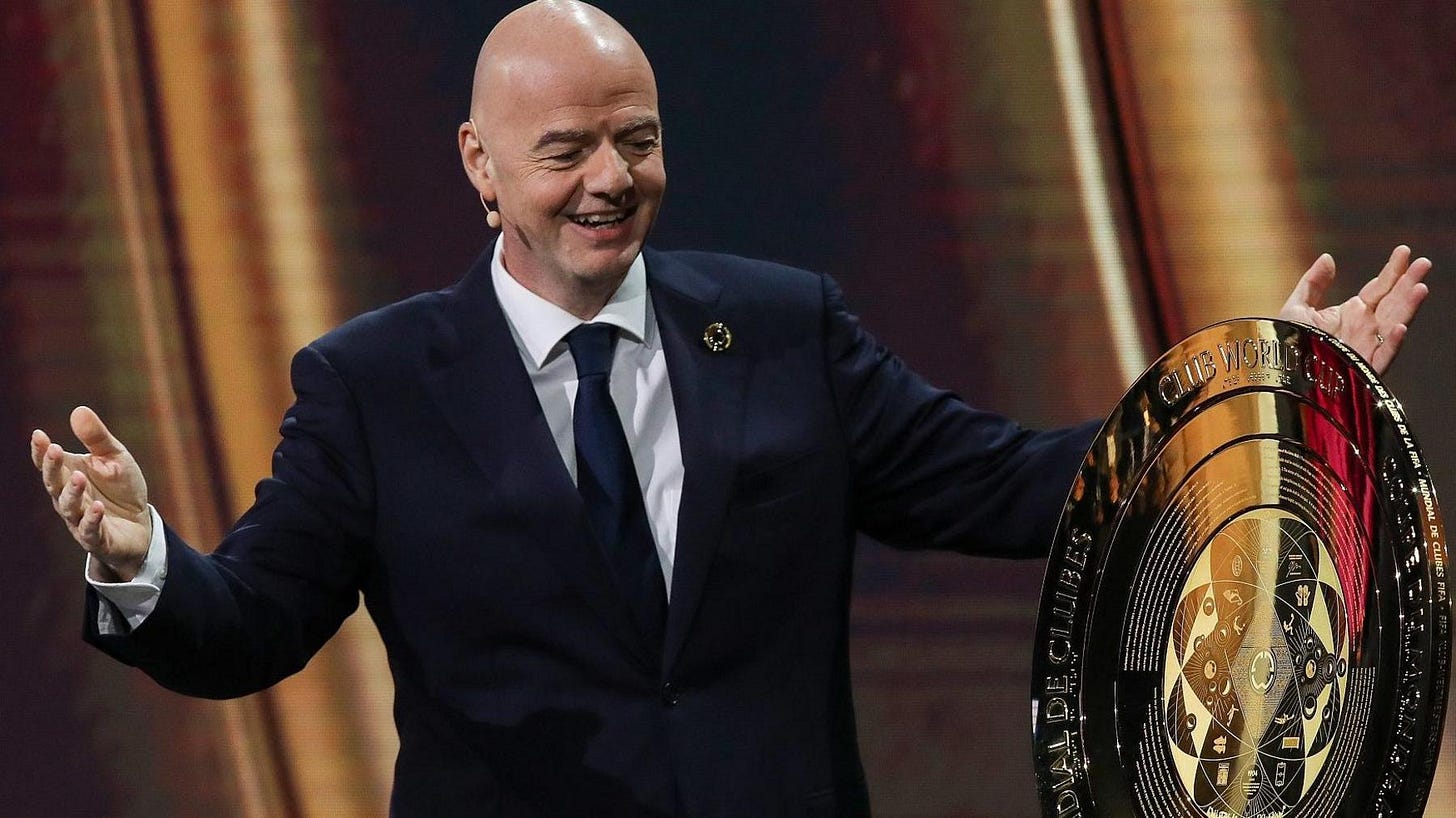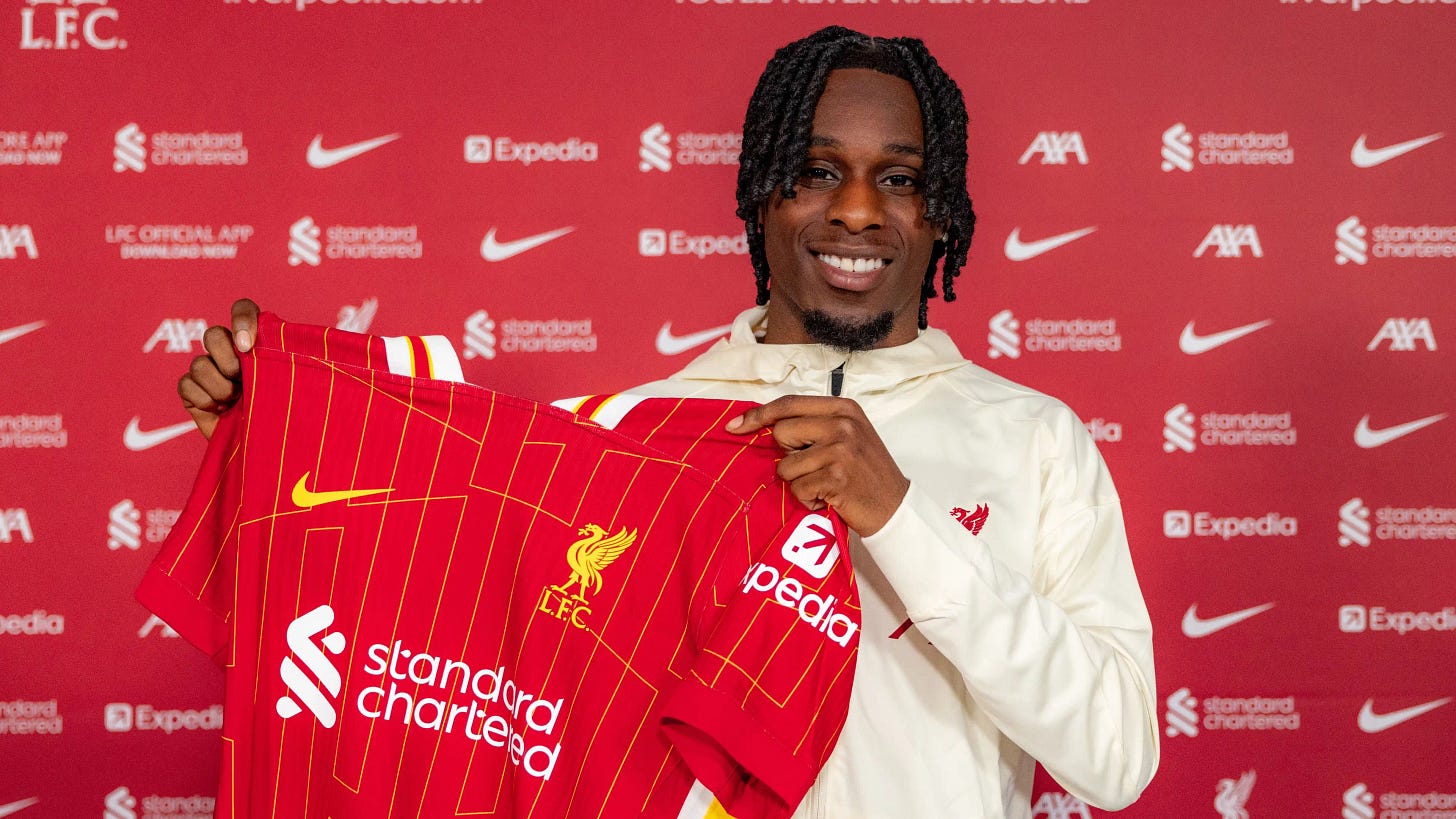Liverpool's Absence from the Club World Cup: Blessing in Disguise
Rest, Strategic Focus, and the Club World Cup’s Commercial Shift
Liverpool’s absence from the 2024 Club World Cup might initially seem like a missed opportunity, but in reality, it is a blessing in disguise. While other elite European clubs like Chelsea and Manchester City prepare for the tournament, Liverpool’s squad is afforded more valuable time to rest and regroup. This break provides the players with a much-needed recovery period, enabling manager Arne Slot to fine-tune tactics and integrate new signings into the squad without the distraction of global summer fixtures.
Despite being crowned the Champions of England, Liverpool did not voluntarily decide not to participate in this year's Club World Cup. Instead, the club did not meet FIFA's often opaque inclusion criteria, which led to their absence. While this may seem frustrating to some, it ultimately provides Liverpool with a rare opportunity to focus on more important priorities, particularly preparing for the upcoming season in domestic and European competitions.
The Club World Cup’s Diminished Importance
The Club World Cup has always been a peripheral tournament for many football fans, particularly those of major European clubs. While the competition is significant for some clubs, particularly those outside Europe, its importance has always been debated. For fans of elite clubs, the Club World Cup struggles to inspire the same level of passion as prestigious competitions like the Champions League or domestic leagues.
Liverpool, therefore, have little to lose by not being involved. For many, the tournament has long been viewed as more of a commercial venture than a serious footballing contest. It provides FIFA with a platform for generating revenue through sponsorships and broadcasting rights, but it doesn’t hold the same competitive value as other global tournaments. This is highlighted by the fact that Liverpool, despite being one of the biggest clubs in the world, are not part of the event due to FIFA’s questionable selection criteria.
Because it will be staged in North America and is inconvenient for European fans, the tournament timing only adds to the perception that the Club World Cup is less about sport and more about financial gain. With matches scheduled in time zones that are difficult for many to follow, the tournament becomes an afterthought for fans, further reducing its global appeal.
FIFA’s Commercialisation of Football
The growing cynicism surrounding the Club World Cup can be attributed to the increasing commercialisation of football. FIFA’s control over the event has been marked by a lack of transparency in its decisions, particularly regarding which teams are allowed to participate. This lack of clarity breeds suspicion, with many fans believing the tournament’s purpose is driven more by financial interests than sporting merit.
One of the most evident signs of the event’s commercial nature came with the news that Real Madrid paid Liverpool a significant fee, approximately £10m, to have Trent Alexander-Arnold available for the tournament. Alexander-Arnold, who would have been set to leave Liverpool for Madrid when his contract expired at the end of June, was made available earlier than expected for the competition. Real Madrid, recognising the value of having the player available, negotiated with Liverpool to secure his early release, highlighting how much financial interest is tied to the tournament.
While Alexander-Arnold’s move to Madrid was already on the cards, the fact that Real Madrid was willing to pay a hefty sum to have him for the Club World Cup underscores how commercial pressures increasingly dominate football. The tournament becomes a stage not just for competition, but for lucrative deals that benefit the global networks of football's top clubs.
Liverpool’s Strategic Focus on Transfers
While other clubs are scrambling to strengthen their squads ahead of the tournament, Liverpool has used this time to focus on the future. Without the distraction of global summer competition, the club has been able to work on its long-term goals, including important transfers. Jeremie Frimpong has already been brought in, while the expected arrivals of Milos Kerkez and Florian Wirtz suggest a long-term approach to squad building, rather than quick fixes for short-term success.
Frimpong, in particular, will be an important addition, replacing Alexander-Arnold and offering depth in the full-back position. His pace and technical ability fit perfectly into Liverpool’s attacking style. Adding players like Kerkez and Wirtz will further strengthen Liverpool’s squad, ensuring they are well-equipped for the upcoming domestic and European challenges.
This focus on youth and future development is a far cry from the immediate pressures clubs face gearing up for the Club World Cup. With the squad’s core already well-established, the time and space to integrate these new signings into the team without the added stress of global summer tournaments should pay dividends in the long run.
Welcome Break for Liverpool FC
Some fans may deem Liverpool’s absence from the 2024 Club World Cup disappointing, but it should ultimately be seen as a positive. The extra time away from global summer fixtures allows Liverpool to focus on their long-term goals, allowing Arne Slot to implement his tactical vision and integrate new players seamlessly into the squad. The club can now prioritise the upcoming season without being sidetracked by the commercial distractions of the Club World Cup.
The tournament, which continues to suffer from a lack of transparency and increasing commercialisation, offers little in the way of genuine footballing value for Liverpool. FIFA’s role in turning the event into a cash-grab only reinforces the perception that the competition has lost its original appeal. For Liverpool, the focus must remain on domestic glory and European success, with the absence from the Club World Cup providing the perfect platform to achieve that.




